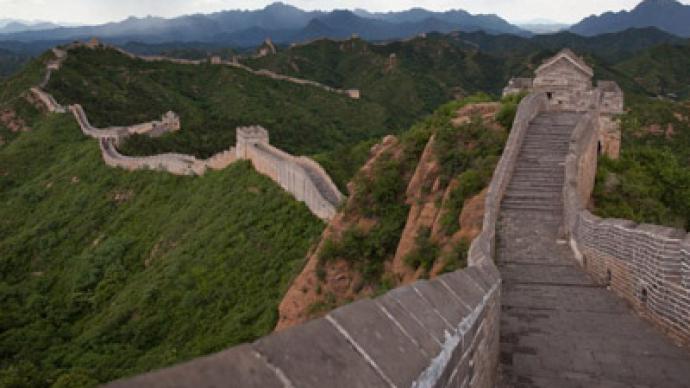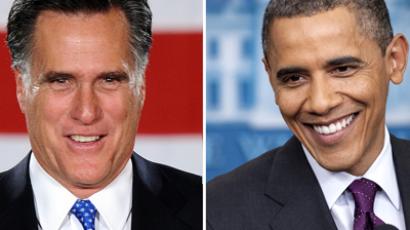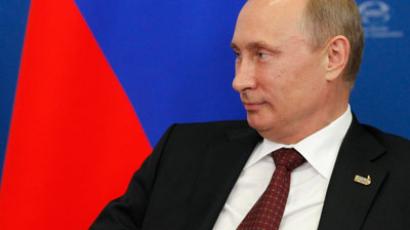Reset to Reroute: Should Russia rethink Western relations?

Vyacheslav Nikonov, Deputy Head of Foreign Affairs Committee, tells RT that Russia should start looking eastward to fortify its foreign policy aims.
The Duma official said Russia should become a self-sufficient center of international strength.“Russia cannot become anything else, there is no alternative” Nikonov told RT in a telephone interview. “We cannot be integrated into the European Union or NATO; we are too big and too Russian for that.”Russia is doomed to be an independent, central power, he added.Nikonov then provided some historical perspective to Russia’s timely turn to the East.“In the first years of Perestroika, Russia was definitely Western-oriented; Gorbachev had been speaking about a ‘common European home,’ while Yeltsin actually applied for NATO and EU membership,” he noted. The only result of these efforts was NATO’s eastward expansion, he added. Nikonov then provided a solid case for Russia looking to the East for both security and economic advantages.“Today, there is a move toward East Asia, which is quite logical. More than half of the global economy, and more than half of the global population lives in the Asia Pacific region. So for Russia it is very important to look eastward and to position itself not just as European or Eurasian power, but also as a Europe-Pacific power.”Russia and China are sealing their relationship not just with words, but with concrete partnerships, including in the Asian Pacific Economic Cooperation (APEC), and in the Shanghai Cooperation Organization (SCO). In considering where America fits into these regional alliances, it is telling that US President Barack Obama took a pass on this year’s APEC meeting, held in the Russian port city of Vladivostok.Obama’s excuse for missing the event was the upcoming presidential elections. However, it was not lost on some political analysts that Washington may have been uncomfortable with the idea of being in attendance at a summit where its superpower status would be partially eclipsed by other rising stars.This underscores the advantages of Russia teaming up with China on the global stage.Nikonov pointed to the Great Wall of China to support the claim that the Asian country has for millennia been concerned about protecting its northern territory from invasion. Today, that fear is greatly diminished and now China can focus attention on other problem spots.“Beijing understands that maintaining healthy relations with Russia is very important, and today Russia-China relations are at their best ever,” Nikonov confirmed.Asked about the future of Russia-US relations in light of the upcoming presidential elections in Washington, he believes “it doesn’t matter which administration is in power.”“There are different Democrats and there are different Republicans,” he told RT. “Historically, however, it was easier for Russia and the Soviet Union to deal with the Republicans, which represent the more pragmatic party with less interest in a human rights agenda.” Nikonov blamed the campaign season for the increase in rhetoric aimed against Russia, specifically from the Republican challenger, Mitt Romney, who called Russia America’s “number one geopolitical foe.”“The Obama administration is protecting his record and the reset in US-Russian relations has been one of his real achievements,” he said. “And of course the Republicans in this tough campaign will attack Obama on every foreign policy issue, including the reset.”Nikonov then mentioned the Russia-US reset, suggesting that it may be time to reconsider that as well.“We should probably think more strategically and not just reset the computer, but perhaps consider changing the hard disc,” he quipped.Relations between Moscow and Washington remain strained over US plans to build a missile defense shield in former Warsaw Pact country – without Russia’s participation. Despite Moscow’s warning that the system could trigger “another arms race,” US and NATO officials seem unfazed by such a grim prospect.Nevertheless, Russia should not take America’s tough stance too personally. After all, it may be simply reacting to a challenging domestic situation.“The domestic situation inside of the US is not really favorable for an improvement of relations with any country since America has become inward looking and very xenophobic,” Nikonov concluded.














